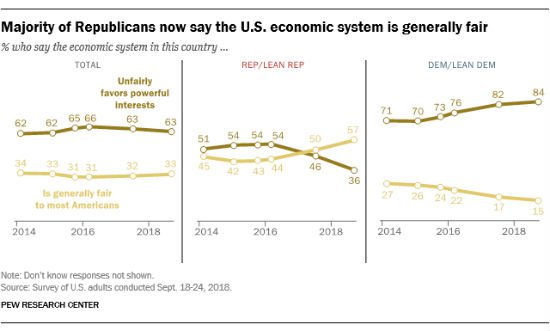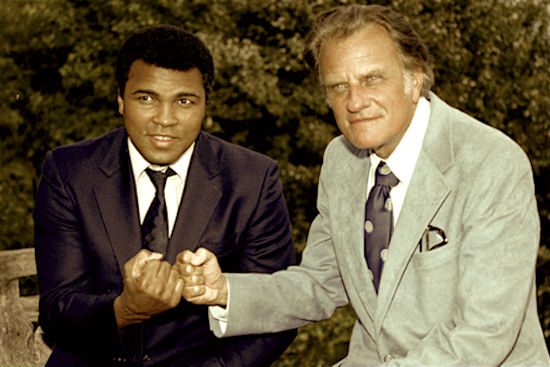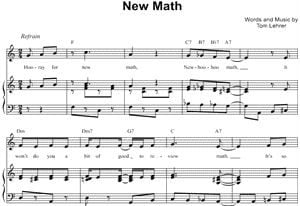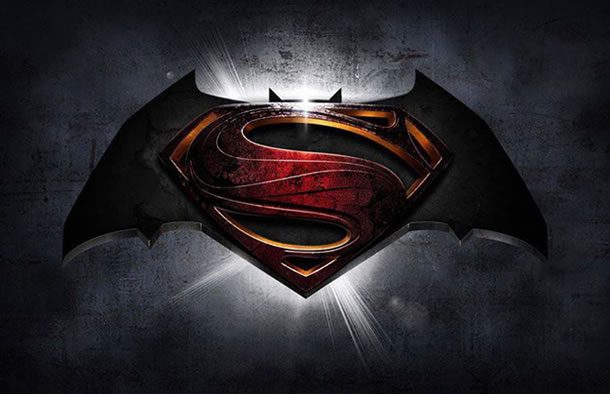In the wake of tragedy and horror — whether from a natural disaster or the evil that humans do — there is a sense that one should say something. If one is to speak at all, then one must speak of this.
But there is little that can be said. We can express our horror and grief, extend our “thoughts and prayers” to the victims and to those who knew and loved them. We can mourn with those who mourn.
Yet after calamity, we seem to wish that someone, somewhere, would say something else, something more. We want to hear someone explain this, explain how to correct it somehow, how to prevent it from ever happening again (or, less nobly, how to prevent it from ever happening to us). And there can be a pressure, or a temptation, to try to be the person who says all of that. Our desperate need to hear something that will make sense of it all can lead us to try to say something that might appear to make sense of it all.
And related to that is the pressure not to say the thing that none of us wants to hear — that maybe we can’t explain this or make sense of it or tidily reassure one another and ourselves that everything will always be sensible and understandable and fair and safe.
Here’s a snippet from one of those lost and recently recovered old Left Behind posts that seems relevant today:
I moved to Everybody’s Hometown shortly after the accident and I had lunch that week with a friend who serves as a pastor there. Five teens from the local high school had been riding together in a car that was going too fast to negotiate a notorious curve. Some of the funerals were at my friend’s church. He was exhausted, beaten down. During the course of that meal, he cycled through all of Kubler-Ross’ stages of grief several times over.
Five children in a town of about 10,000 turned out to be an unbearably high percentage. The families were distraught. The high school was devastated. No one in town seemed untouched or unaffected or unscathed. People needed answers and many of them were turning to my friend. He is a wise man with a rock-solid faith, but when I met him for lunch that day he seemed to want to run away or hide or beat the rock like Moses and scream at the silent heavens.
The people of our town needed to hear some explanation and they were turning to my friend to provide one. Wasn’t that his job, after all — to make sense of all of this senselessness and to explain it to the rest of us? But what we wanted him to say was something impossible and untrue. We wanted him to give us words that would make the loss of those children seem like something fair, something sensible, something we could live with. And there was no true thing he could tell us that could do any of that.
All he could do was what he did: Mourn with those who mourn. Stand with and stand beside others in the senselessness and unfairness of it all. Redeem the time, for the days are evil. Strengthen the things that remain. Knock, breathe, shine, and seek to mend. Do not be overcome by evil, but overcome evil with good.












